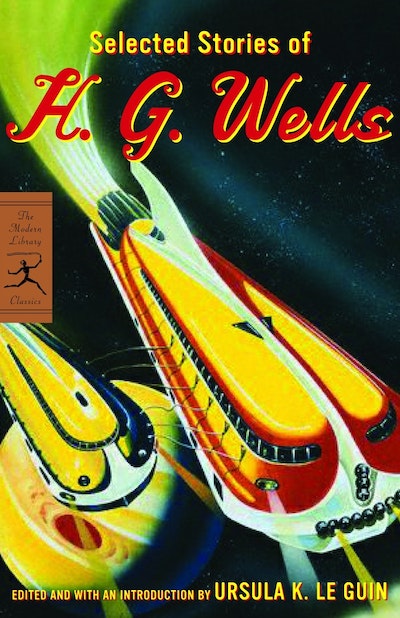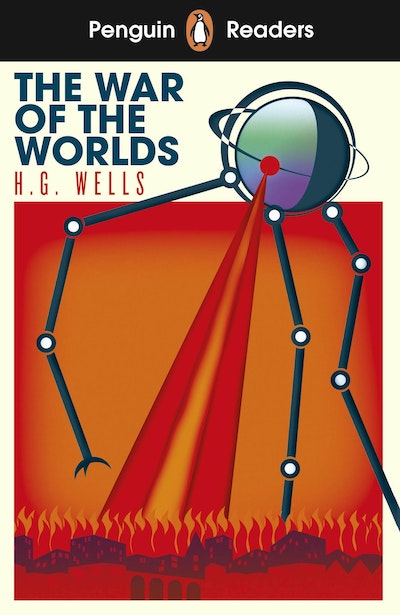[]
- Published: 1 September 2004
- ISBN: 9780812970753
- Imprint: Random House US Group
- Format: Paperback
- Pages: 432
- RRP: $45.00
Selected Stories of H. G. Wells
Formats & editions
Buy from…
- Published: 1 September 2004
- ISBN: 9780812970753
- Imprint: Random House US Group
- Format: Paperback
- Pages: 432
- RRP: $45.00










